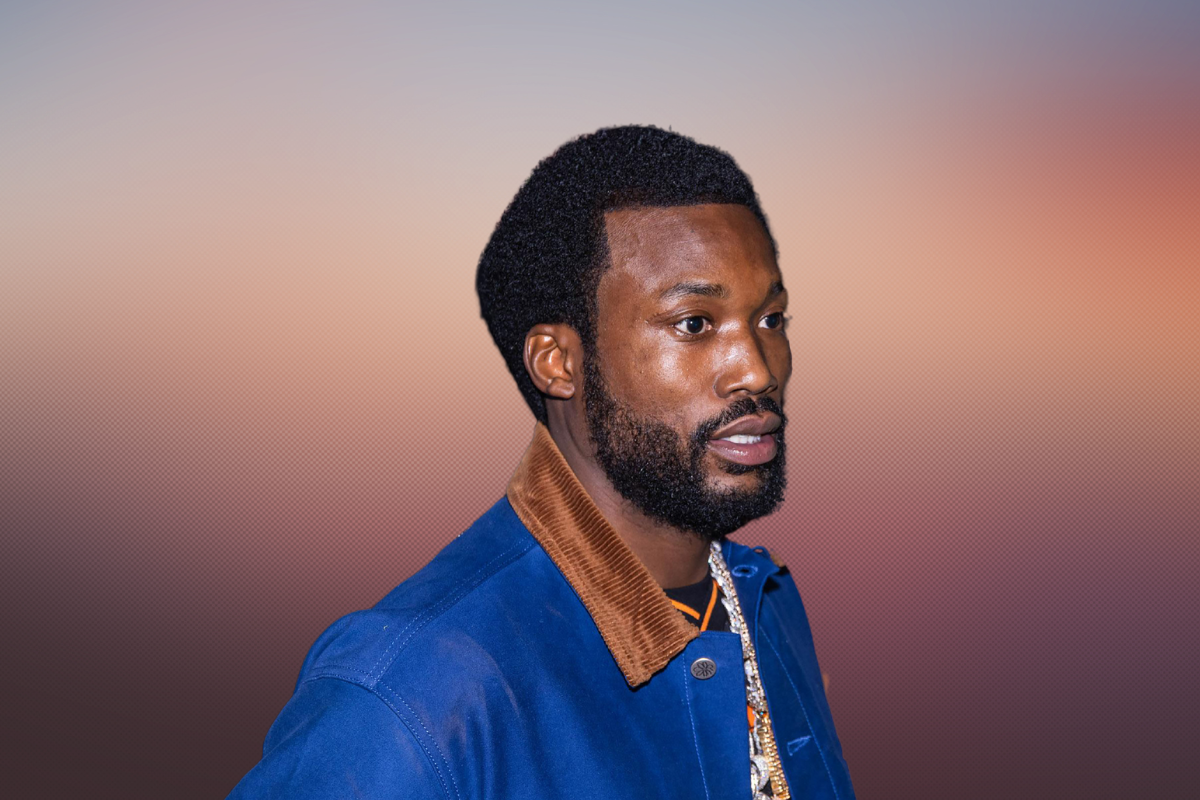Meek Mill has sparred publicly with social media, particularly Twitter, navigating a maze of feuds, erratic behavior, and sometimes dubious claims.
Notably, he ignited a well-known beef with Drake in 2015 through a slew of tweets, which led to the rapper being dubbed “Twitter Fingers.”
From defending controversial friendships to posting drunken selfies, Meek’s Twitter habits have continuously attracted digital firestorms and prompted him to deactivate his account multiple times.
In an era marked by growing concerns around mental health, especially within marginalized communities, Meek Mill recently voiced a compelling concern.
“The black community needs therapy over social media point blank… the points we be trying to make don’t lead to anything… just a bunch of people pointing fingers all day,” Meek tweeted.
The black community needs therapy over social media point blank … the points we be trying to make don’t lead to anything … just a bunch of people pointing fingers all day …I talk because I see a generation run by computers … computers don’t suffer but people do!
— MeekMill (@MeekMill) May 16, 2024
His comments come during May’s Mental Health Awareness Month, a time dedicated to spotlighting mental health issues and advocating for improved mental well-being.
Mental Health Awareness Month began in 1949 by Mental Health America to raise awareness about mental illnesses and promote strategies for mental wellness. However, disparities in mental health care remain glaring, particularly within the Black community.
According to recent statistics, only 25% of Black Americans seek mental health treatment when needed, compared to 40% of White Americans.
This gap is exacerbated by unequal access to healthcare and higher rates of uninsured individuals among Black Americans.
Nonetheless, Meek Mill’s perspective isn’t the only lens through which to view social media’s impact on mental health.
Professor David Stamps of Bentley University offers an alternative narrative. He posits that social media has the potential to empower and uplift, especially for Black Americans.
In research published in Journalism & Mass Communication Quarterly, Stamps asserts, “The existence of social media has allowed Black individuals to share their grievances, celebrate their successes, call attention to injustice, and build awareness around cultural issues.”
Studies support Stamps’ views. Black Americans are more engaged in online activism than other racial groups, and social media serves as a crucial platform for raising awareness and sparking change.
A 2018 Nielsen report found that although Black Americans comprise 14% of the U.S. population, they make up 28% of Twitter users.
This widespread presence has given rise to “Black Twitter,” a digital space where voices from the Black community converge to discuss pivotal issues and experiences.
Meek Mill’s call for therapy in response to social media-induced stress resonates deeply with ongoing concerns about mental health.
However, the landscape is multifaceted, presenting both challenges and opportunities for the Black community.
As May progresses and Mental Health Awareness Month continues, the conversation around mental wellness in the digital age remains more important than ever.
